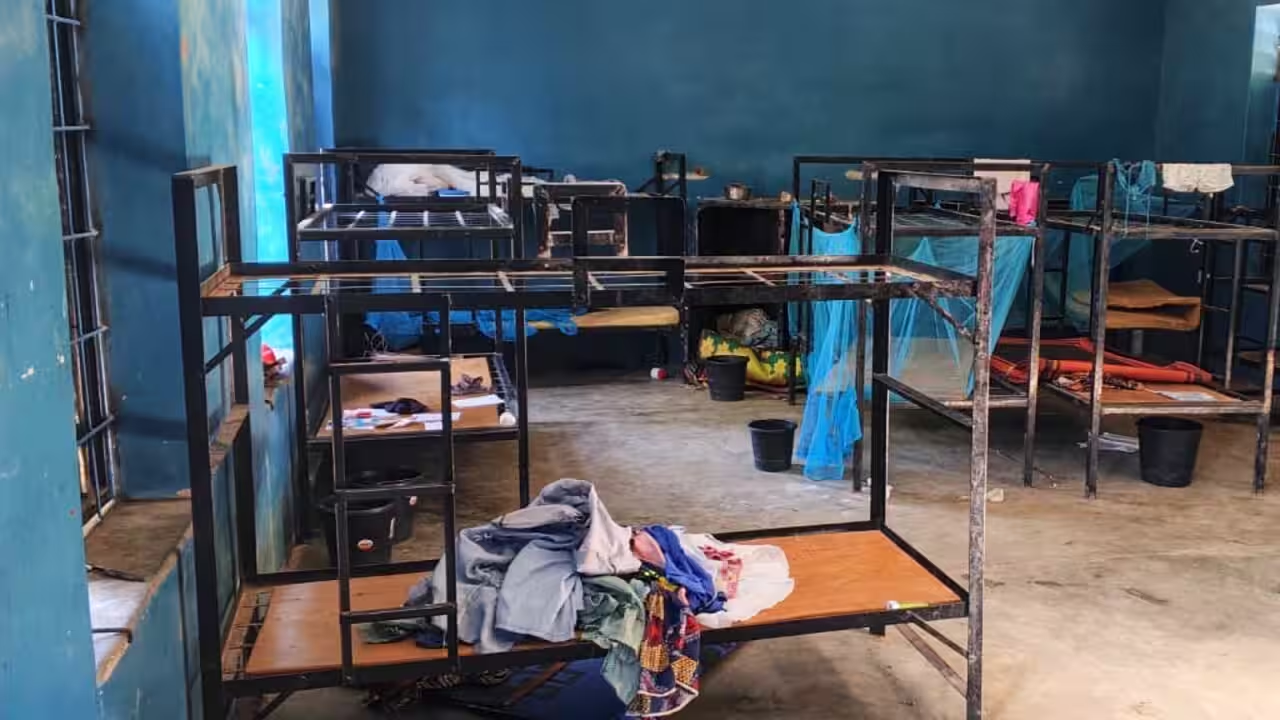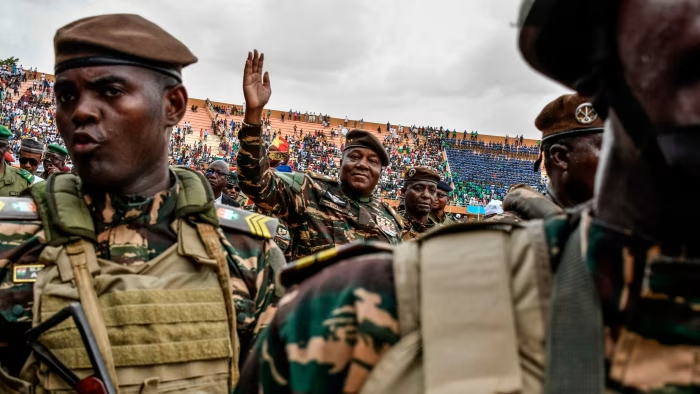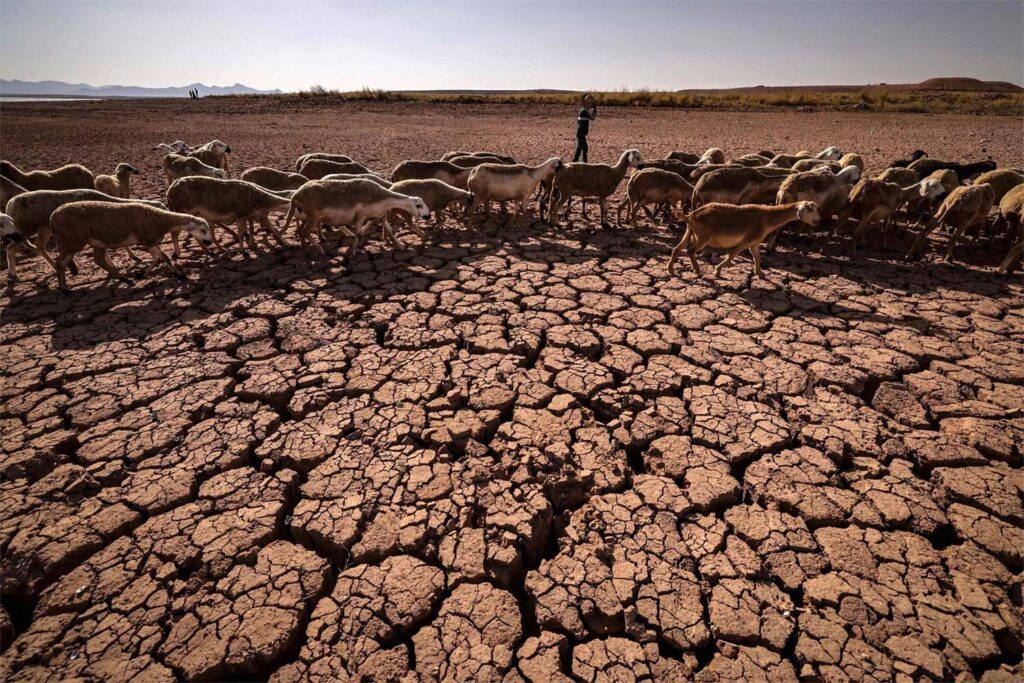
Fifty of the 315 pupils abducted by gunmen from St Mary’s Catholic School in Nigeria’s Niger state on Friday have escaped, according to the Christian Association of Nigeria, which said they have been reunited with their families. A military-led search continues for the remaining 265 children and 12 teachers still being held.
The kidnapping, one of the largest in Nigeria’s history, has triggered a nationwide outcry and a sweeping security response. Authorities in Niger, Kebbi, Katsina, Yobe and Kwara states have ordered many schools to close following the St Mary’s abduction and another incident on Monday, when 25 pupils were seized from a boarding school in Kebbi state.
President Bola Tinubu has ordered the recruitment of 30,000 additional police officers and directed that officers assigned to Very Important Persons (VIP) protection be redeployed to frontline duties, especially in rural areas vulnerable to attacks. VIPs needing security will instead be able to draw protection from the Nigeria Security and Civil Defence Corps.
A recent report by the European Union Agency for Asylum estimated that around 100,000 of Nigeria’s 371,000 police officers are tasked with guarding politicians and other VIPs rather than serving the public, a skewed allocation Tinubu’s office now says it is trying to address.
Despite the news of the escape, confusion and anxiety still dominate Papiri, the village in Niger state where St Mary’s is located. Parents of missing children told the BBC they feel abandoned, saying no security forces have been deployed in the village since the attack, despite expectations of a strong presence after such a major incident.
Gunmen stormed the school at around 02:00 (01:00 GMT) on Friday, according to local police. State governor Mohammed Umaru Bongo ordered all schools in the area closed and urged residents to avoid a “blame game” while security forces work to free the hostages.
Pope Leo XIV called for the immediate release of the abductees, expressing “immense sadness” and urging Nigerian authorities to act swiftly. “Everybody is weak… It took everybody by surprise,” said Dominic Adamu, whose daughters attend St Mary’s but were not taken. Another woman, in tears, told the BBC her nieces, aged six and 13, were among those kidnapped: “I just want them to come home.”
The military, police and local vigilante groups are searching nearby forests and remote tracks believed to be used by the kidnappers. Niger state authorities have accused St Mary’s of ignoring an earlier order to close all boarding facilities after intelligence warnings of increased attack risks. The school has not commented on the allegation.
The abduction of more than 300 schoolchildren exceeds the 276 girls taken from Chibok in 2014 by Boko Haram, a case that drew global attention and a #BringBackOurGirls campaign. Many Chibok girls have since escaped or been freed, but around 100 are still missing.
Kidnapping for ransom by armed gangs, known locally as bandits, has become a major security threat in Nigeria. Although ransom payments have been outlawed, the policy has not stopped the attacks. On Monday, more than 20 schoolgirls were abducted from a boarding school in Kebbi state, while 14 young farmers were seized in Borno state on Saturday; one woman was later rescued by police.
In a separate incident, 38 worshippers abducted from Christ Apostolic Church in Eruku, Kwara state, last week were freed on Sunday, the state governor said. Two people were killed in that attack.
The latest violence comes amid renewed international debate over religious persecution in Nigeria. Right-wing figures in the United States, including President Donald Trump, have claimed Christians are being systematically targeted. Earlier this month, Trump said he would send U.S. troops into Nigeria “guns a-blazing” if the government “continues to allow the killing of Christians.”
Nigeria’s government has rejected those claims as “a gross misrepresentation of reality,” insisting that militants attack Muslims, Christians and non-believers alike. Monitoring groups note that most victims of jihadist violence are Muslim, reflecting the fact that much of the fighting is concentrated in the predominantly Muslim north-east.
In central Nigeria, recurring clashes between mostly Muslim herders and largely Christian farmers often turn deadly. Analysts say these conflicts are driven more by competition over land and water than by religion itself.




